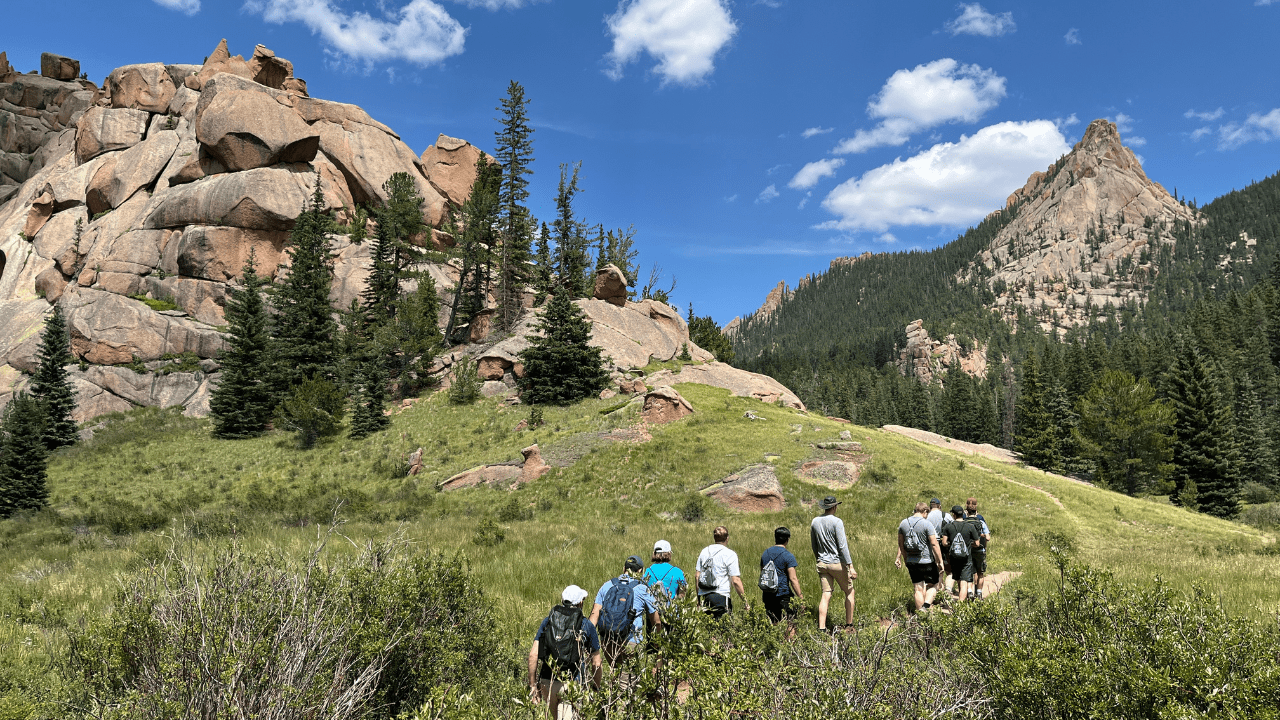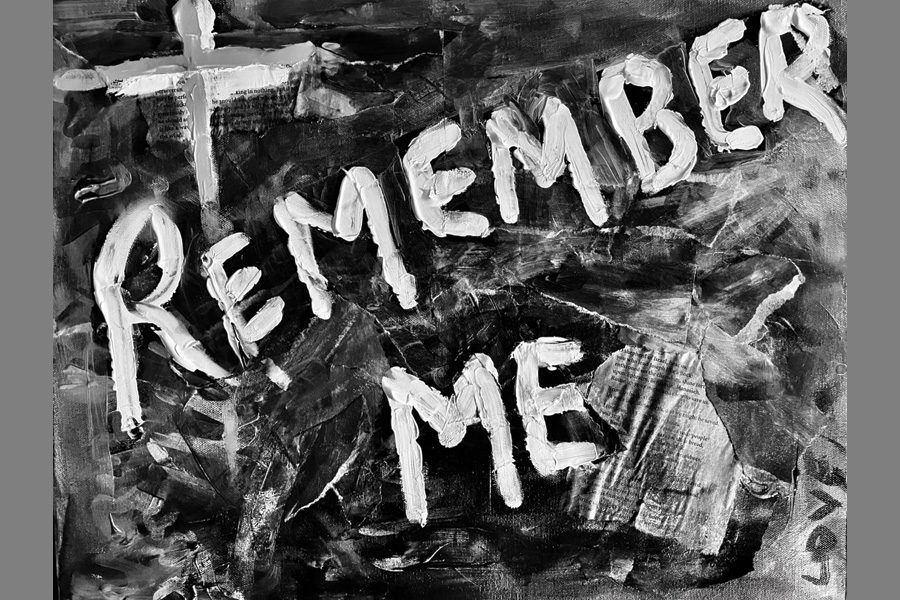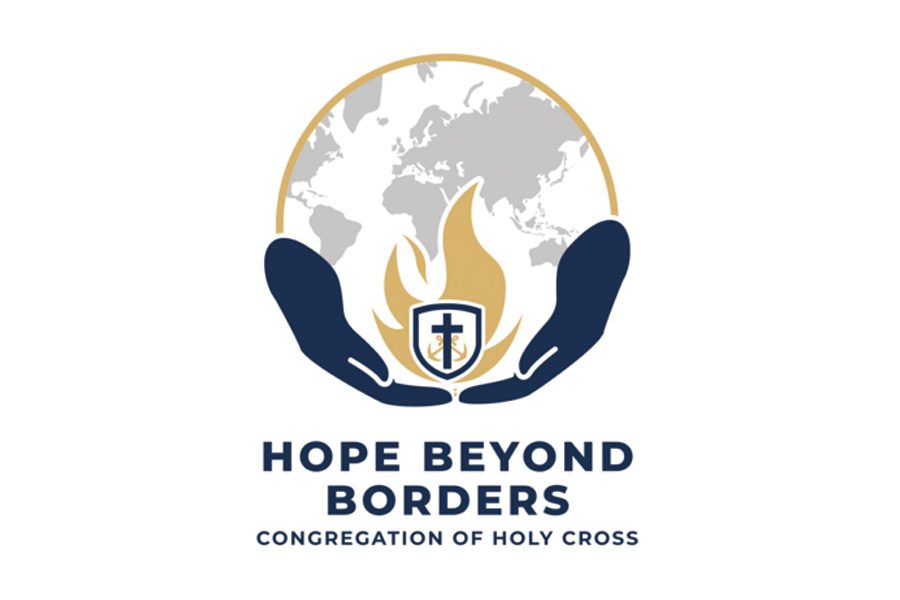I love to hike, and I was fortunate to do that quite a lot during my novitiate year in Colorado. There are tons of beautiful trails near the Holy Cross property, and I happily spent many Saturdays that year exploring them with my classmates. Usually, we were well-prepared for these hikes: we knew more or less where we were going, we had water and maps and such, and so they pretty much went as planned.
More than a few times, though, I found myself on a hike unsure of exactly where I was – not totally lost, but also not totally confident of my whereabouts on the trail. Even with a map and a general sense of where I was supposed to go, it was easy after an hour or two of hiking with no guidepost or trail markers to wonder: “Did I miss a turn?” “Wasn’t I supposed to reach that junction by now?” “Am I going the wrong way entirely?”
In those moments, after doing your best to get your bearings again, there are basically two options. You can go backward and retrace your steps until you get back to a place that is familiar and re-orient yourself. Or you can keep going forward and hope that your path is the right one. There’s no hard-and-fast rule about which is the right option to take. It depends on lots of things, like your exact level of uncertainty, how widely the possible paths diverge, and how quickly you need to get back to your car.
Over the course of that year, I found myself opting more and more often to forge ahead in these situations. Usually, the trail was the right one! But even if it wasn’t, the trail would either become so difficult to follow that it became clear it was not the right path, or it would reach a vista or landmark that would at least allow me to figure out where I was and re-calculate my route from a place of certainty.
I didn’t think about it at the time, but the experience of getting partly lost (or at least of not being completely sure where you are) is a good metaphor for the Christian life in general and vocational discernment in particular. Speaking for myself, the path by which I became a Holy Cross priest is far clearer now, in retrospect, than it was at the time. If someone had asked me ten years ago what that path would look like, I’d have guessed something like this:
- Detect in myself some kind desire or interest in Holy Cross
- Pray about that call or desire or interest
- ???
- Enter the seminary and begin formation formally with Holy Cross
- Pray more about this desire
- ???
- Become certain about God’s call for me
- Profess final vows and be ordained a priest
The Christian life is a journey, and a journey entails getting from point A to point B. How do I go from where I’m at now to heaven? How do I get from my current state in life to the vocation God is calling me to? And while we’re often pretty good at making plans and figuring out how to get from A to B, it’s also true that there are intervals along that path, in between A and B, that can’t be elaborated much more specifically than “???” – I could fill in the blanks now, looking back, but I could not have done so ahead of time.
While of course there are situations where backtracking makes the most sense, being a Christian often requires us to keep moving forward even when we’re not really sure where we are, and so does discerning a vocation. I imagine most people reading this are on step (3): aware of some nascent desire for Holy Cross, but not yet having committed to discern formally in Old College or as a Postulant – and, because discerning religious life is almost always unfamiliar terrain, unsure of what kind of landmarks or signs should be there indicate if this path is the right one or not.
All else being equal, though, I think it is better to move ahead than retrace steps. Sometimes, that’s because we are on the right trail, and all we need to do is persevere to reach the end. But even if the path is not the right one, a situation of uncertainty can become much clearer if we see it through to its conclusion and give a type of closure that we would not have had if we turned around sooner. Most of all, though, it gives God the opportunity to reward our efforts to follow him, such as they are, with his grace.
Fr. Steve Jakubowski, C.S.C.
Published October 15, 2025




